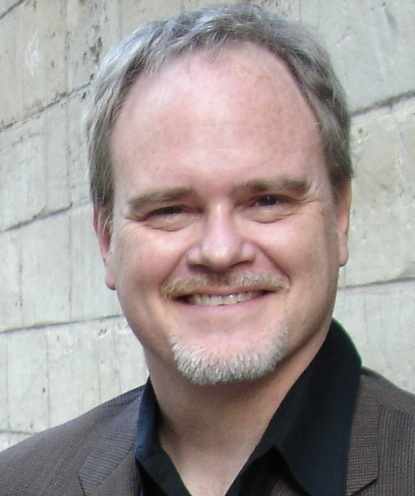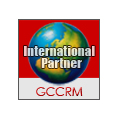Apple doesn't do focus groups. Here's an article that purports to explain the reason.
The reasons that the article's explanation rings hollow:
1. "Apple doesn't do focus groups." Does this mean they don't care about the customer?
Apple starts its innovation process with the question "What do we hate?". This implies an opportunity for the market to love what Apple makes. But for Apple, it isn't just about getting rid of things people hate. it's about making people LOVE what Apple makes.
How does Apple know that people will love what they make? They've built in a culture that looks at the world as their customers do. Wisdom of crowds (within Apple) has replaced the traditional focus group. It works because of Apple's fanatical devotion to making outrageously great products based on putting together two basic pieces of information: Where's the opportunity to create a major impact for customers in their interactions with computers; and what has Apple got that can leverage that opportunity. It's not just about their intellectual property (although they leverage their OS and frameworks across iPhone, iPod and the Mac now). It's about their core competencies in product design, development, secrecy, operational and supply chain excellence -- and their ability to focus.
2. Employees are obsessed.
Are they obsessed with the "product", or with something beyond the product? I would argue they want the product, in part and in toto, to generate a sense of outrageous delight -- in the customer. Which means that the obsession is really about creating customer delight. Here, it's not just a technology product, it's something more HUMAN that Apple is creating. It's art. The reason I don't believe that employees at Apple are obsessed about making great products is that the people at Microsoft probably feel they're equally obsessed. The difference has to be in Apple's culture of framing product excellence within this idea of delight.
3. They cull products.
Perceived value is a shifting measure. Does Apple measure it? I don't know. But they do know that the efficient organization releases the resources it had been spending on an OLD value offering in place of a new one. It's Darwinian. And you can't do it willy-nilly -- why jettison products that have a lot of life in them? Apple must at some point do a calculation about when they have to start the next round of innovation -- and in what direction -- based on balancing the value of keeping a product and tossing it aside. It's zen to let go of things. It's good business, too. But how do you know when? What do you optimize? Again, it goes back to Apple's culture. What decision will let them drive the one key measure that is the spine of their culture?
What will make people deliriously happy?
Sure, focus groups aren't always the best way to innovate. Steve Jobs has said that you can't ask customers what they want when what they want hasn't even appeared around the corner yet. So, there are limits to gathering the "voice of the customer". But Apple, despite it's claim to be a product company, is really a customer delight company. Good thing. It's the customers who have generated your cash reserves and your high market cap to book value.
Tuesday, March 04, 2008
Subscribe to:
Posts (Atom)

